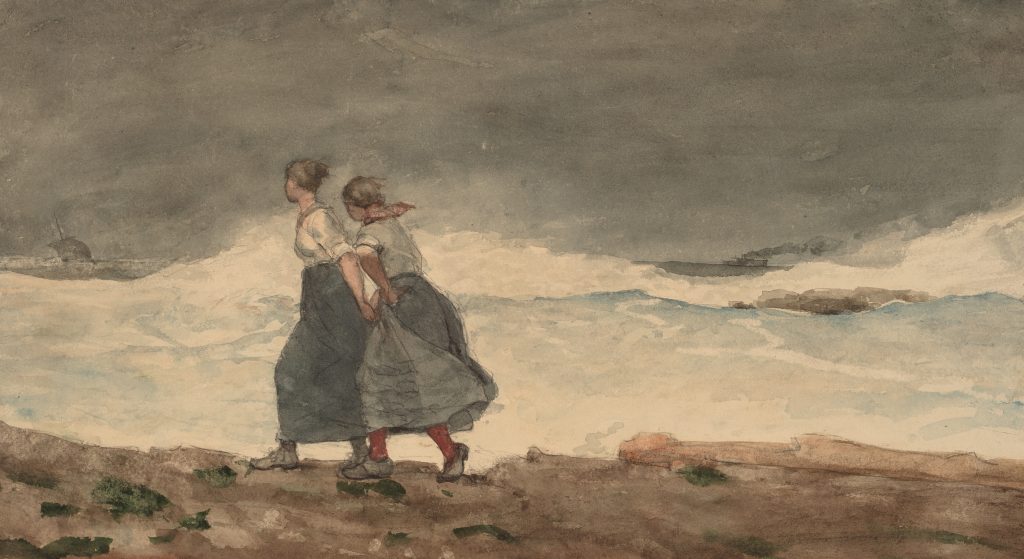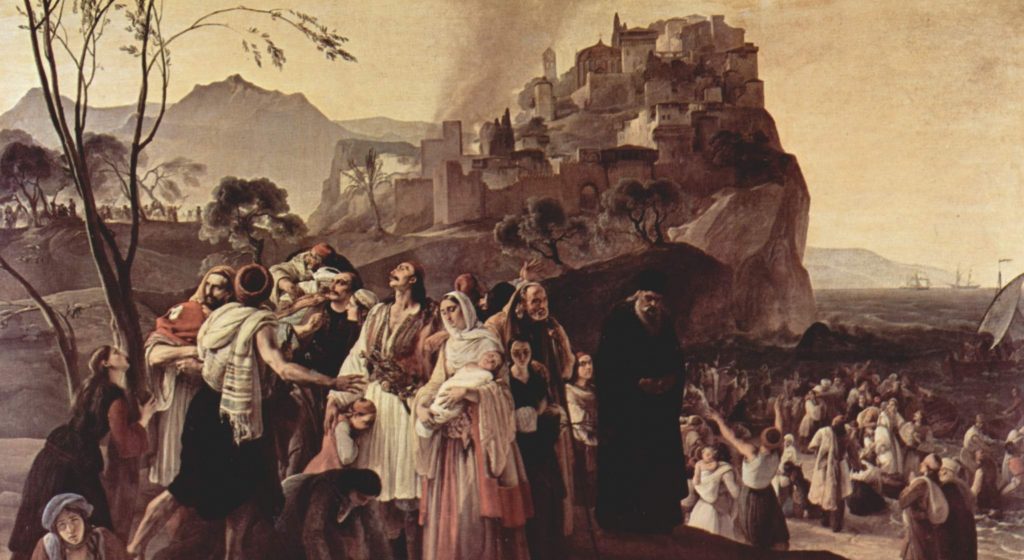
France Must Drop Its Opposition to Mercosur Trade Deal
BY
Young Voices / February 6, 2025
While the EU-MERCOSUR agreement is nearing its final stages, some remain opposed, risking a deadlock in the EU’s approval process. The EU must ensure smooth ratification to strengthen its strategic autonomy in these uncertain times. After 25 years of complex negotiations, the European Union and MERCOSUR have finally reached a landmark trade agreement.



![New Global Geopolitical Divisions with Guy Sorman [PODCAST] New Global Geopolitical Divisions with Guy Sorman [PODCAST]](https://4liberty.eu/phidroav/2024/09/Episode-202-1469x800-2-1024x561.png)


![The Future of Italy and the European Union with Nathalie Tocci [PODCAST] The Future of Italy and the European Union with Nathalie Tocci [PODCAST]](https://4liberty.eu/phidroav/2024/06/LEP-1469x800-Nathalie-Tocci-1024x561.png)
![Current Socio-Political Situation in France and U.S. Elections with Célia Belin [PODCAST] Current Socio-Political Situation in France and U.S. Elections with Célia Belin [PODCAST]](https://4liberty.eu/phidroav/2024/03/Episode-200-1469x800-1-1024x561.png)
![President Macron, China, and European Strategic Autonomy [PODCAST] President Macron, China, and European Strategic Autonomy [PODCAST]](https://4liberty.eu/phidroav/2023/05/ep161-header-4lib-1024x543.png)
